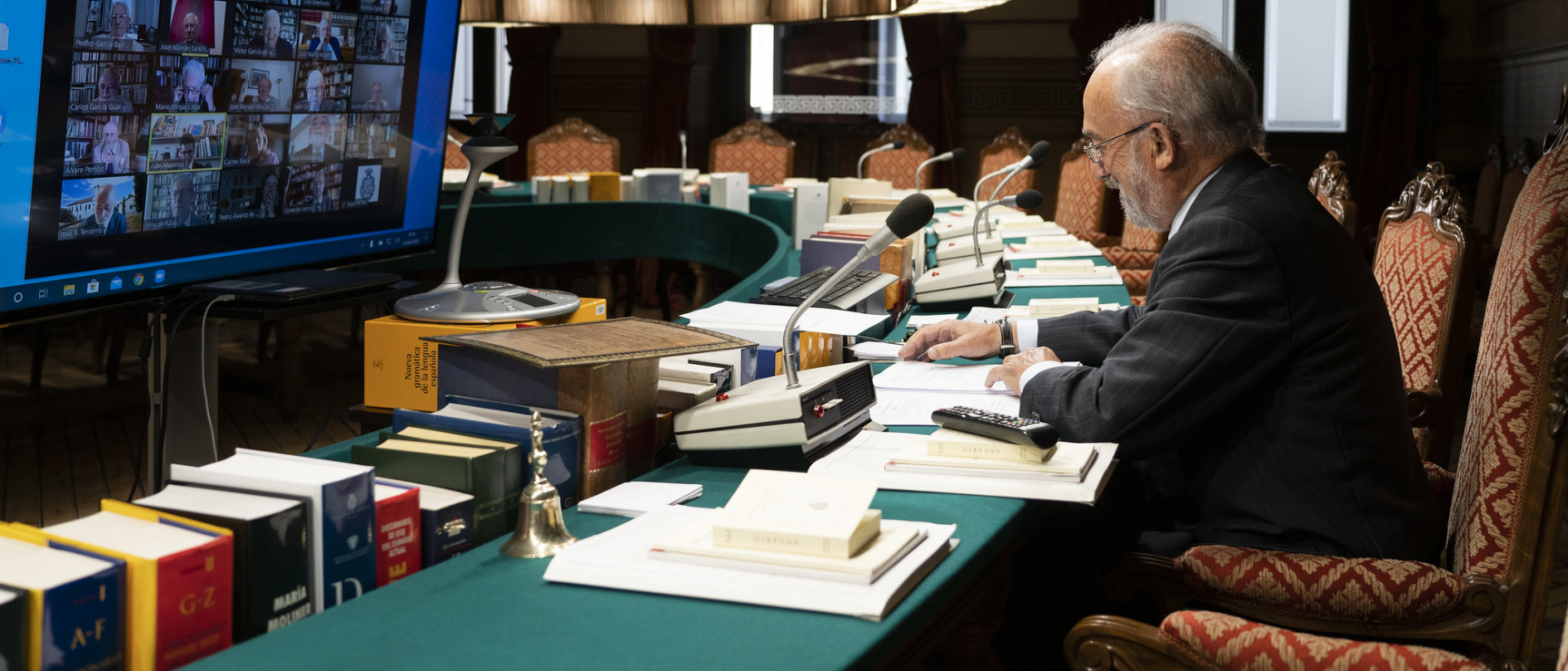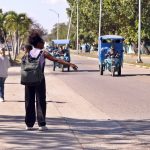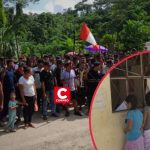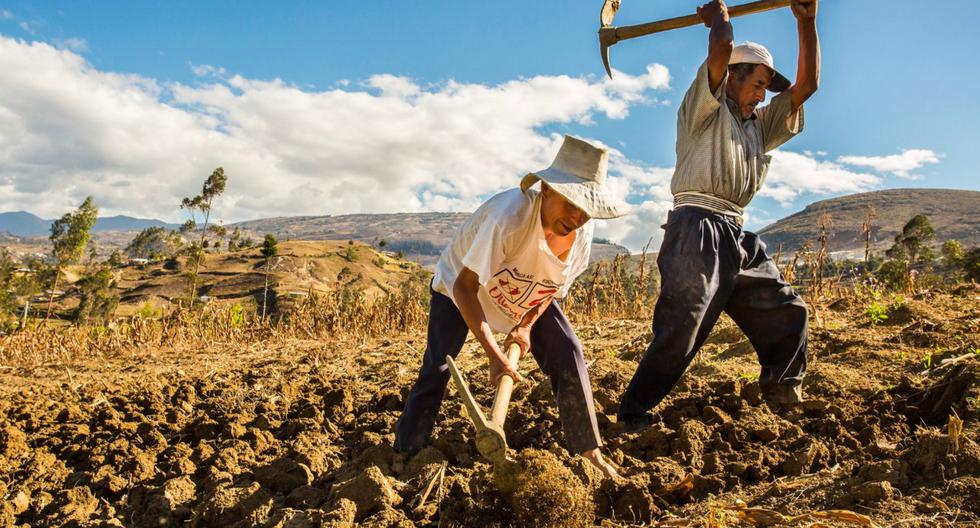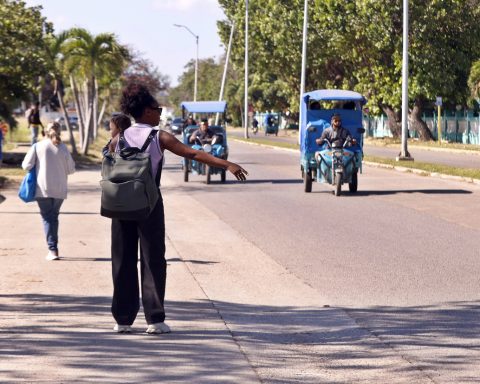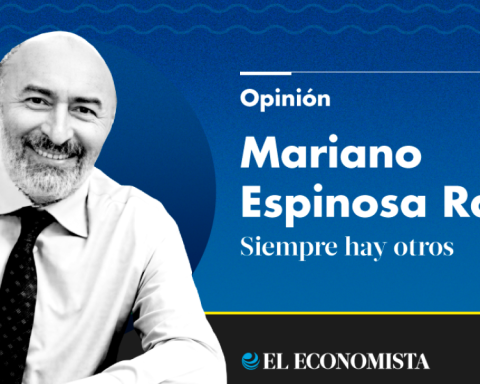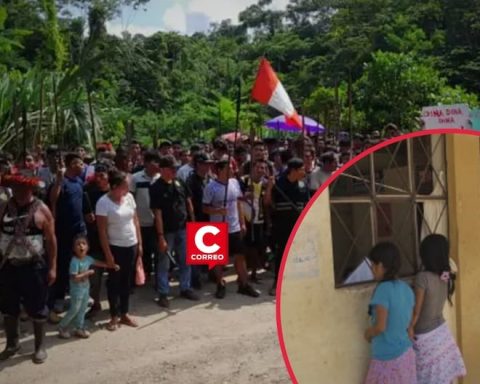In the Fundéu RAE they continue with the meticulous scrutiny in search of curious terms, widely used, but not accepted or censored for that reason. The recount is intended to record how speakers make the lexicon evolve.
Source: Efe
SISIS
In addition to the “ninis”, we have the “sisis”. While a nini is the person who neither studies nor works, a sisi does study and does work, combining both activities. The formations are identical, only now the adverb of affirmation “sí” is repeated instead of the conjunction “ni”.
PHOTOCHECK
The card that a person carries in a visible way in a company, an educational center, a congress, etc., with a photo, name and other data, so that their identity can be verified, is known in Peru as “fotocheck”. ” (sometimes also spelled “photocheck”).
NEOBANK
Fintech (what is often known by the English term “fintech”) has brought us the “neobanks”, which are those that operate only online, especially with mobile applications. Other denominations are “digital bank” and “virtual bank”.
PHOSPHOGYPSUM
A solution is being sought for some rafts in Spain made of “phosphogypsum”, which is what a gypsum residue generated in the industrial production of phosphoric acid is known as. As with “phospholipid”, “phosphorus” has been shortened when forming the word.
LUBRICANT
A “lubricentro” is an automobile lubrication center. Its activity consists of both its maintenance, in particular oil changes, and the sale of lubricants.
Pseudocide
A faked or staged death, in order to make others believe that one has died, is being called “pseudocide” (with the variant “pseudocide”). It is a somewhat unusual formation in which an element that functions as a prefix (“pseudo-”, that is, ‘false’) and another that functions as a suffix (“-cidio”), without the root that the latter requires to mark the person who is killed or is killed.
